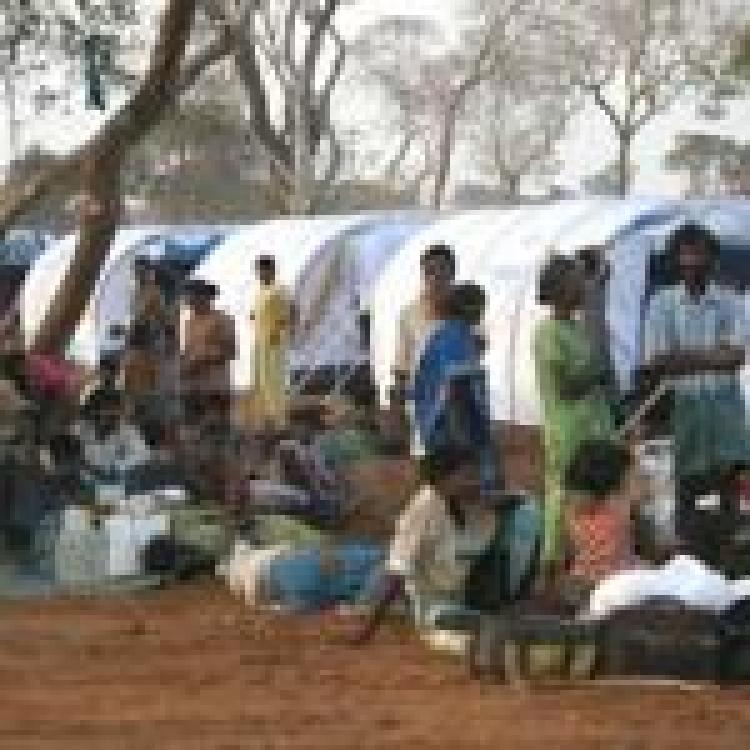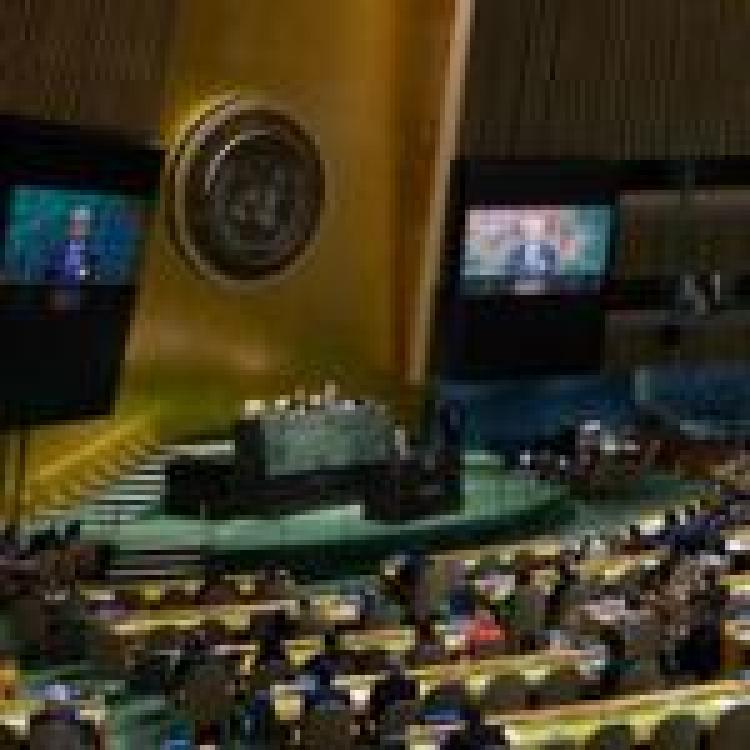The UK has agreed to open negotiations with Mauritius over the future handover of the Chagos Island, in a major reversal of policy following years of resistance and legal defeats in international courts but will continue to maint control over it's military base in Diego Garcia.
The proposed agreement will allow for the return of former inhabitants of the Chagos archipelago who were forcibly displaced by the British government in the 1960s and 1970s.
When Mauritius gained independence from the UK in 1968, London severed the Chagos Islands from the rest of the country so it could lease the island of Diego Garcia to the US for a military base. The UK then forcibly deported 2,000 Chagossians, who have waged a long legal battle to return.
In 2019 the international court of justice, the UN's highest court ruled that the continuing British occupation of the island was illegal. The ruling also determined that the Chagos' islands were rightfully part of Mauritius.
Last year the Hamburg-based international tribunal for the law of the sea ruled that the British claim to the archipelago was illegal, but the UK also refused to accept that ruling.
More recently the tribunal took up the dispute between Mauritius and the Maldives over a 37,000-sq-mile (95,000 sq km) expanse of the Indian Ocean. Both sides are claiming the fish-rich waters as their own economic zones.
Earlier this year As many as 42 Eelam Tamil asylum-seekers launched a hunger strike after eight months of being detained on a military base 3,000 miles south of India, as a plea to the UK government to allow them to seek asylum in another country.
The 42 refugees are part of a group of 89 Eelam Tamils, including 20 children who set out from southern India in a fishing boat in late September 2021 in the hopes of claiming asylum in Canada. Most of the group fled to India years earlier to escape death and violence during the culmination of the Tamil Genocide in Mullivaikkal of 2009. At least one of the asylum seekers took part in the Pottuvil to Polikandy (P2P) protest rally last year. They now fear being forcibly removed to a third country under Rwanda-style plans drawn up by the UK government.
Read more at the Guardian


